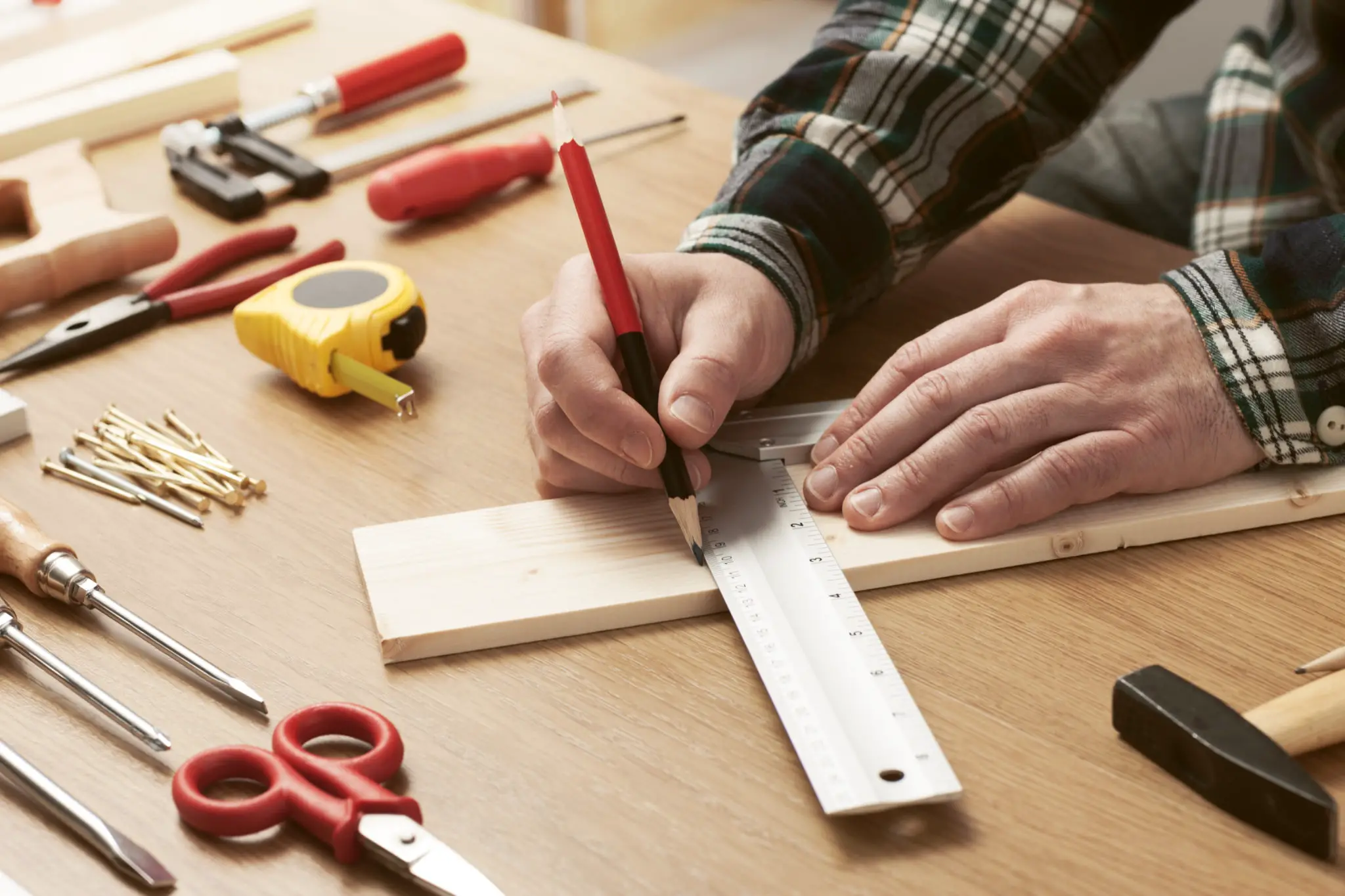
Since the onset of Coronavirus, more and more people are rolling up their sleeves and doing things themselves. Whether you’re working on a DIY project for your business, or simply want to make improvements on your home, there are all sorts of reasons why you might want to tackle DIY.
Not to mention with the rising cost of living, doing things yourself is almost always cheaper than paying someone else to do it. To help you complete a successful DIY project, here are some of the best tips to see you through.
Research Your Project
It’s important that you prepare yourself as much as possible before you dive into your project. Get to know the ins and outs of what it is you hope to do, and what kind of materials you’ll need if necessary. Research plywood suppliers, get to know what kind of materials you can repurpose as opposed to buying new. Above all, know each step of the process from start to completion.
You may want to see if you can find an expert in your field who could give you advice on any particular questions that pop up. Don’t be afraid to reach out to your network and ask if anyone you know has prior experience on the type of project you’re doing.
Know Your Limits
In the age of access to information, sometimes we believe we can do anything with a few YouTube videos. However, some projects can be downright dangerous if we attempt to complete them ourselves.
Know your limits and know when it’s time to leave the work to a professional. Things like electrical wiring could lead to serious injury and even a fatality, so understand your skills and capabilities, and be willing to accept that some things are outside of your skill set.
Create a Strict Budget
It’s crucial that you have a strict budget of what you can realistically afford. In some cases, DIY may be more expensive than purchasing something yourself. So do a price comparison and lay out what you can afford systematically.
Once you determine that doing it yourself is more affordable than purchasing elsewhere, create a budget and stay strict with it. Any time you’re taking on a big project it’s easy to go over budget. So, keep an eye on your expenses, and reel it in if it starts going over your limit.
Schedule Your Time Wisely
The bigger your project is, the more time you’ll have to commit to completing it. If you hope to complete it in time, it’s important that you schedule it the same as you would with any other important project.
If you have a busy family life or job, you may have to start out only committing to small spurts of work. Remember, Rome wasn’t built in a day. Lay out a schedule, and based on the amount of time you can commit to each work session, determine when your project will be completed
Leave a Reply